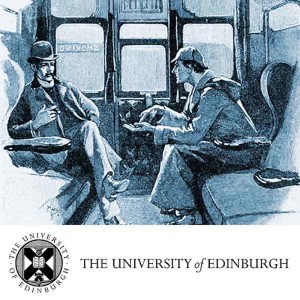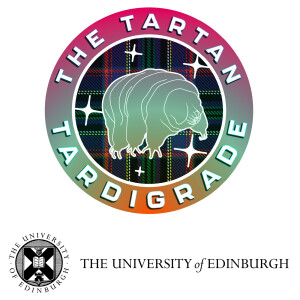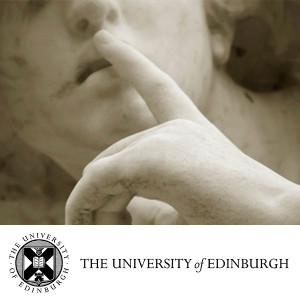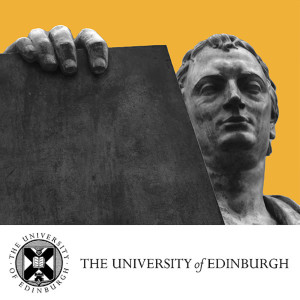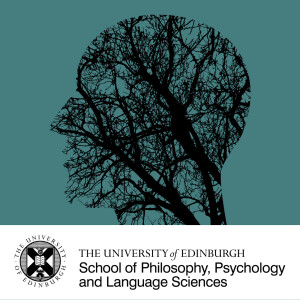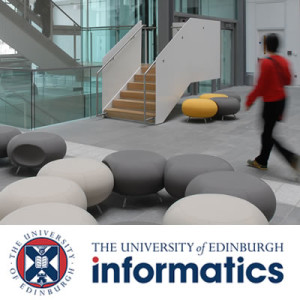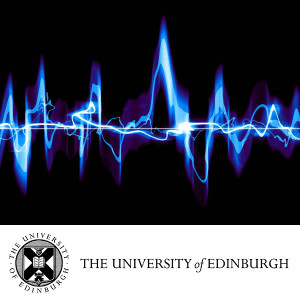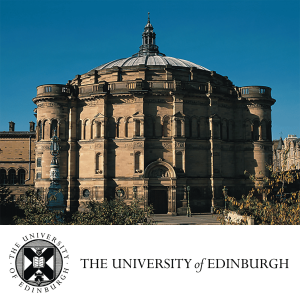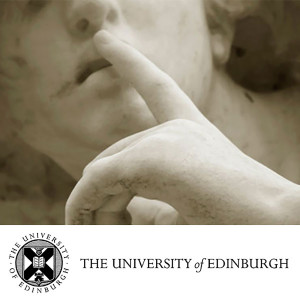

Gifford Lectures (audio)
http://www.kaltura.com/api_v3/getFeed.php?partnerId=2010292&feedId=1_uur0dl49Episode List

Michael Gazzaniga - Free Yet Determined and Constrained (Lecture 4)
The fourth in a series of Gifford Lectures by Professor Michael Gazzaniga. Recorded 19 October, 2009 at the Playfair Library Hall, the University of Edinburgh. Audio version.

Michael Gazzaniga - The Interpreter (Lecture 3)
The third in a series of Gifford Lectures by Professor Michael Gazzaniga. Recorded 15 October, 2009 at the Playfair Library Hall, the University of Edinburgh. The interpreter is the device we humans enjoy that provides us with the capacity to see the meanings behind patterns of our emotions, behavior and thoughts. This concept is central to understanding the relationship between our brain and our strong sense of self. In a way, it is the device that liberates us from our automatic ways spelled out in Lecture 1 and 2. The interpreter constructs the sense that there is a “me” arising out of the ongoing neuronal chatter in the brain and making all of life’s moment-to-moment decisions. Our compelling sense of being a unified self armed with volition, deployable attention and self-control is the handiwork of the interpreter, for it brings coherence to a brain that is actually a vastly parallel and distributed system. This view stands in contrast to much neuroscientific theorizing or existential musing about our unified, coherent nature. In most models of brain and cognitive mechanism, one can identify, as Marvin Minsky once said, the box that makes all the decisions. Yet if modern neuroscience has taught us anything, it has taught us, as I said in Lecture 2, that our brain is a highly parallel and distributed system with literally millions of decisions being made simultaneously. There is simply no place within this sort of architecture from which a single decision system could operate. Instead, this parallel processing is producing an organism that looks like a self-motivated, morally coherent, decision-making and conscious entity. Indeed, understanding how it works will emerge from understanding the workings of the interpreter and the brain that enables it. Moreover, this understanding will allow us to rid ourselves of the homunculus problem once and for all, while, perhaps paradoxically, setting the stage for why you are to be held responsible for all of your actions.

Michael Gazzaniga - The Distributed Networks of Mind (Lecture 2)
The second in a series of Gifford Lectures by Professor Michael Gazzaniga. Recorded 13 October, 2009 at the Playfair Library Hall, the University of Edinburgh. Our brains are organised in such a fashion that very little of the processing, which is to say neural work, goes on in our conscious minds. Any simple act, such as pointing to your nose, involves forming the desire to touch your nose, planning a motor response, gathering information about the location of your nose, calculating in a flash if you want to bring attention to your nose and so on. All that information is gathered and processed and leads to the desired action, and yet little or none of it is done consciously. Even more daunting is the fact that how the brain accomplishes such a simple task is utterly beyond scientific understanding at this point in time. While textbooks are full of knowledge about the specific neurons involved - the areas in the brain that are active during such specific actions and even areas known to be active with intention to act - no one knows how it actually works.

Michael Gazzaniga - What We Are (Lecture 1)
The first in a series of Gifford Lectures by Professor Michael Gazzaniga. Recorded 12 October, 2009 at the Playfair Library Hall, the University of Edinburgh. What do we need to know about the human brain in order to discuss the weighty questions of free will, mental causation, morals, ethics, and the law? To understand anything from a biologic perspective we must place this effort in an evolutionary context, consider the nature of the organ that allows us to be asking these questions, and to the extent that we are able, determine how it works. The fundamental point that emerges out of this analysis is that much complexity is built into the brain and not just passed along as accumulated cultural behavior and knowledge from one generation to the next. It is this built-in complexity that enables us to discover the keys to how, ultimately, the mind constrains the brain and not the other way around. We will appreciate that our automatic brains are structured complex systems with particular skill sets and that ultimately our “I” story - the story of our own personal, phenomenal consciousness - is embodied in the brain’s network systems and not in outside forces compelling the brain into action."

Diana Eck - Globalization & Religious Pluralism
The first in a series of Gifford Lectures by Prof Diana Eck. Recorded Monday 27 April 2009 at the University of Edinburgh. In 1893, the World's Parliament of Religions in Chicago convened under the banner of universalism. How do pluralism and globalism today stand in contrast to the spirit of universalism, and signal a new reality? While the phenomenon of globalization clearly relates to economics and politics, to environmental and security concerns, how has it altered our religious consciousness, our religious life? What ethical questions are at the forefront of globalization? How have immigrants created new kinds of diasporas? How has the Internet destabilized borders of all kinds, including religious and national borders? Listen to podcast
You may also like
Create Your Podcast In Minutes
- Full-featured podcast site
- Unlimited storage and bandwidth
- Comprehensive podcast stats
- Distribute to Apple Podcasts, Spotify, and more
- Make money with your podcast
